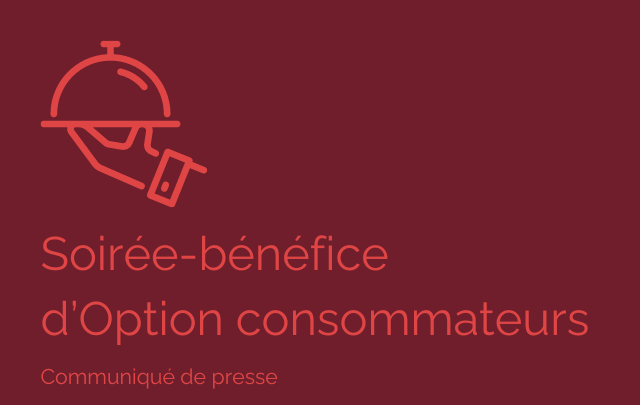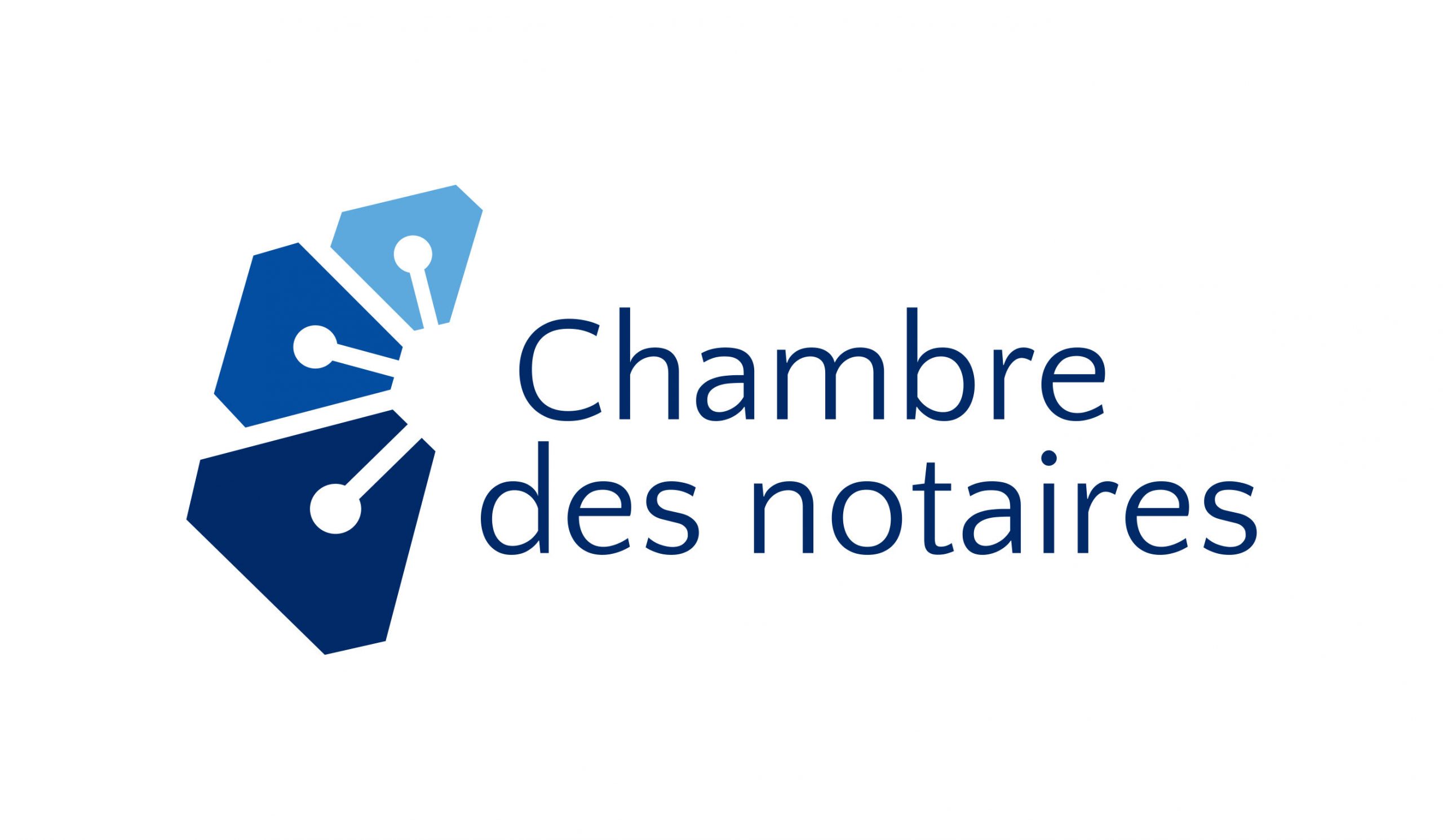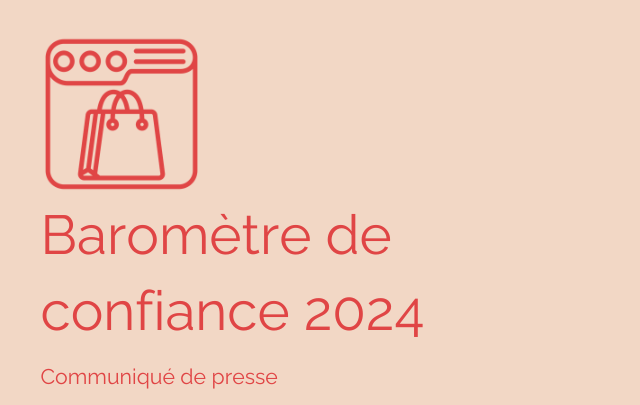

Clara and Philippe have been common-law partners for over five years. With their two children, they live happily in a single-family home they bought jointly. To protect themselves, they even took out life insurance to cover the mortgage, payable to their legal heirs. Unfortunately, they have made no provision for a will.
But misfortune struck. Philippe contracted COVID-19 and developed major complications. He died in the prime of life, leaving behind his wife and young children. In addition to her grief, she will have to deal with major estate settlement issues. Clara is convinced that, as co-owner, her husband's share of the family home automatically goes to her, as does the car they bought together. She also believes she can collect the life insurance proceeds and use them to pay off the balance of the mortgage.
But the notary she consults gives her the straight goods, and Clara falls flat on her face... The lawyer tells her that in the absence of a will, since she's not married, she can't inherit, and that the successors are her minor children. It is therefore they who become the owners of Philippe's undivided share in the building and the car. They are also beneficiaries of the proceeds of the life insurance policy, which cannot be used to repay the mortgage as their mother thought. The notary also advises her that even if she had married Philippe, in the absence of a will, she would have been entitled to inherit only one-third of the undivided interest, and the children two-thirds.
Things get even more complicated: unable to assume the financial burden of the house on her own, she has to sell it. In order to do this, and as guardian of her minor children, she will need the unanimous authorization of a family council, as well as the authorization of the court, before she can proceed with the sale. In addition, she will not be able to use the net proceeds of the sale for Philippe's share, since the children will inherit it. When they come of age, she will also have to give them the money she has administered. However, she fears that they will not have the maturity to receive such a sum, and that they will quickly squander the assets she has worked so hard to administer.
If only Clara and Philippe had made a will, all this could have been avoided. In fact, it's the only way to ensure that when you die, your assets will be passed on to the people you want...
Three types of will
In Quebec, there are three forms of will. Holograph wills must be written entirely in the testator's own handwriting, and need not be signed by witnesses.
Wills made in the presence of witnesses, on the other hand, do not have to be handwritten by the testator, and can be transcribed by another person or in electronic form. It must be signed in the presence of two witnesses who are not interested in the terms of the will. This means that they cannot be heirs themselves, spouses of the heirs, or members of the immediate family of the heirs named in the will.
These two types of will do not have the force of law, so a prior "validation" procedure will have to be carried out by a notary. This will entail delays in the settlement of the estate, as well as the payment of fees and expenses. In particular, the notary will check that the will complies with the form required by law, that the date and place of signature are mentioned, and that the terms are not ambiguous or contradictory. If this is the case, a declaratory judgment must be obtained from the court to clarify its interpretation.
As they cannot be registered in the register of wills of the Chambre des notaires du Québec, with the exception of a will made in the presence of witnesses and drawn up by a lawyer, which will appear in the register of wills of the Barreau du Québec, these two types of will may be difficult to trace. Since they are in no way protected, they can also be destroyed, either by accident or by malicious intent.
It is not advisable to draw up a will on your own: if you do not comply with the conditions laid down by law, the document may be invalid and produce none of the desired effects. What's more, certain clauses inserted in your will could have undesirable effects.
Finally, the last type of will is the notarial will, made before a notary as its name suggests. It has a number of advantages: it is drawn up by the notary, who can advise on the various options best suited to the testator's wishes. It must also be published in the register of wills of the Chambre des notaires, and is kept in the notary's office, so that authentic copies can be issued. During a will search, which is essential when settling an estate, the details of the last will and testament will be displayed in the register of wills of the Chambre des notaires. Another advantage of a notarial will is that it has the force of law, with no need for validation, thus avoiding costs and delays for the estate.
Remote notarial wills
Since March 31, 2020, notaries have been authorized to sign a notarial deed remotely on a technological medium. This means you don't have to go anywhere to have your will notarized. This will has the force of law and does not require any validation procedure on death. Your notary will be able to explain the steps to be followed, and discuss the equipment required and the costs involved.
For more information, visit our website
Each situation is unique, so don't hesitate to consult your notary for advice tailored to your situation. He will be your best guide






